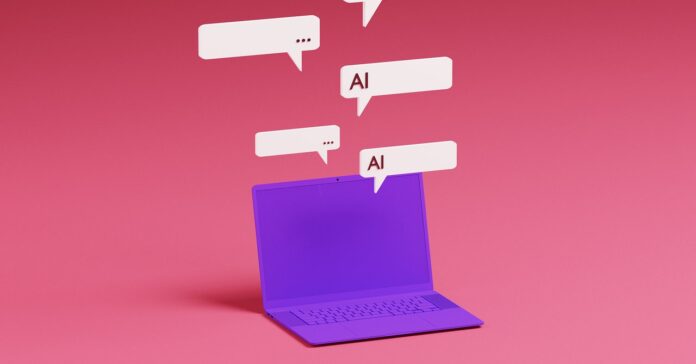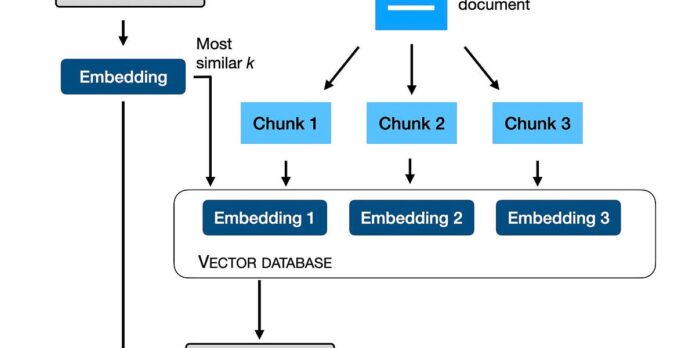In Short:
Two major deepfake pornography websites have blocked access from the UK following plans to criminalize non-consensual deepfakes. Deepfake technology has been increasingly used to create harmful content, particularly targeting women. Experts believe this move is significant in combating abuse. The websites have not provided reasons for the blocks, and it is unclear if they are temporary. The restrictions may reduce access to deepfake content in the UK.
Two Major Deepfake Pornography Websites Block Access in the UK
Two of the biggest deepfake pornography websites have now started blocking people trying to access them from the United Kingdom. This decision follows the announcement by the UK government regarding plans for a new law that will make creating non-consensual deepfakes a criminal offense.
Growing Issue of Non-consensual Deepfake Pornography
Non-consensual deepfake pornography websites and apps that manipulate images to produce explicit content have been on the rise, causing significant harm to the individuals targeted.
Clare McGlynn, a professor at Durham University’s Law School, describes this move as a critical step in the fight against deepfake abuse, stating that it puts an end to the normalization of deepfake sexual abuse material.
Impact of Deepfake Technology
Deepfake technology, used to create non-consensual sexual images of individuals, has been a growing concern since its emergence in December 2017. The technology has made it easier to generate fake pornographic content, leading to the creation of numerous websites and apps.
Blockade on Deepfake Websites in the UK
Two prominent deepfake websites have implemented restrictions for visitors from the UK, displaying messages on their sites indicating that access is denied.
The reason behind these location blocks, as well as the permanency of the restrictions, remains unclear. Attempts to reach out to the websites have not yielded responses, and there have been no public statements regarding the blocks.
Regulatory Powers and Potential Impact
Ofcom, the UK’s communications regulator, has the authority to take action against harmful websites under existing online safety laws. However, the full implementation of these powers is still pending.
The introduction of these restrictions is likely to deter individuals in the UK from accessing or creating deepfake sexual abuse content. Data from Similarweb shows significant visitor numbers for these websites globally, with a sizable portion originating from the UK.





